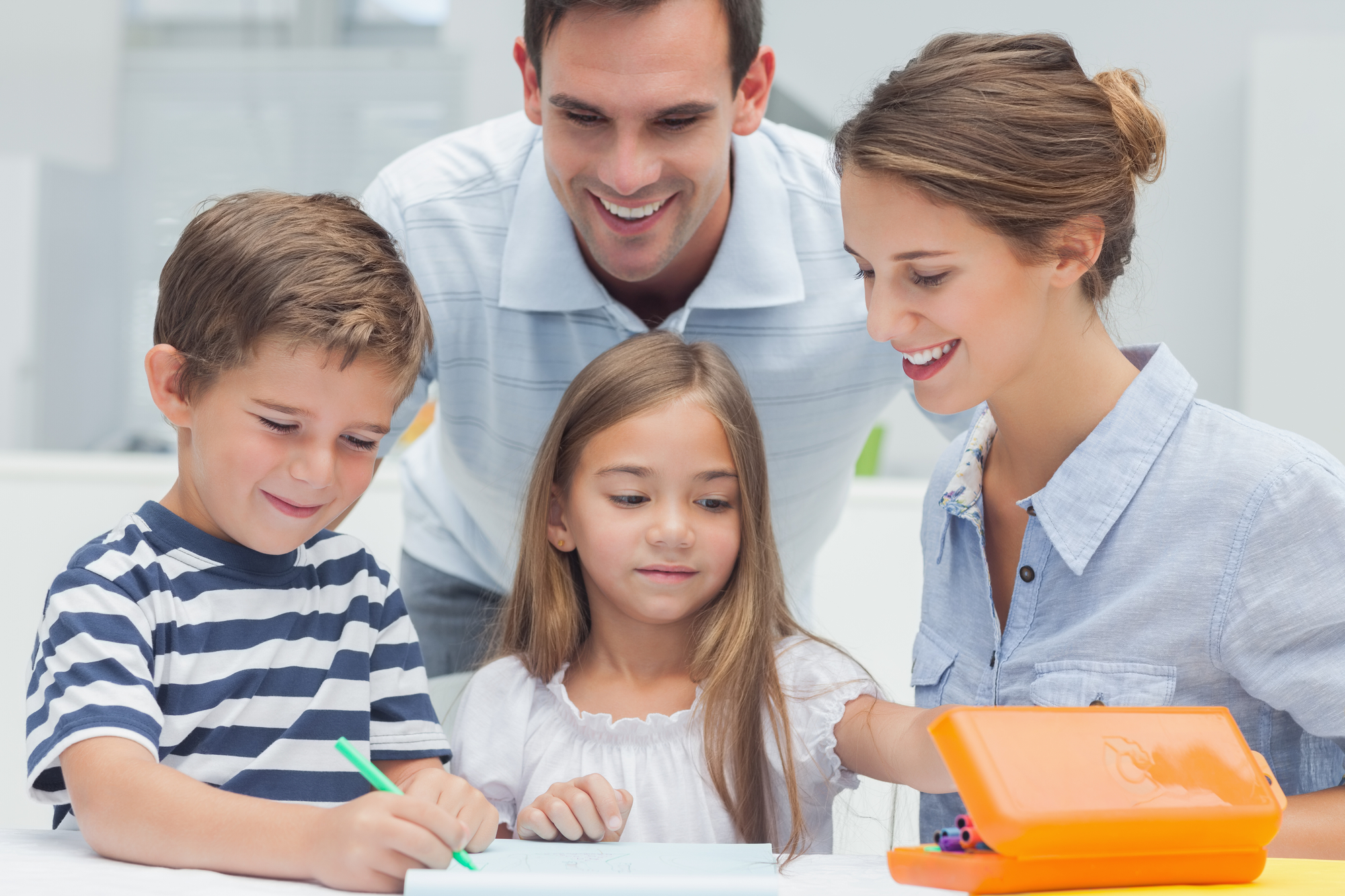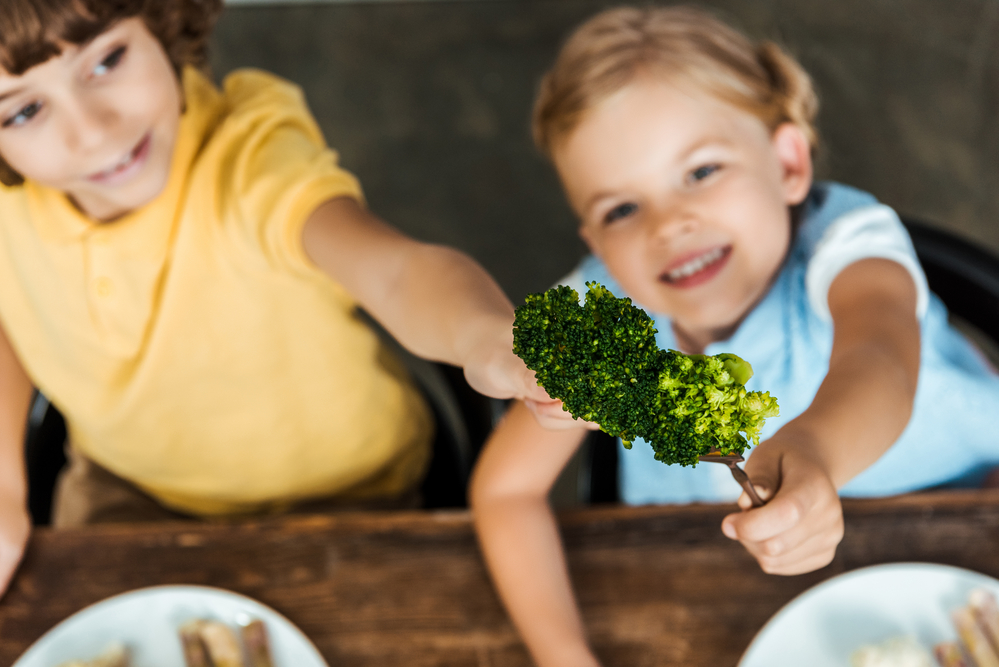Keeping our children safe and healthy in our current climate, that is unchartered territory, must be the priority of everyone. Children are some of the most vulnerable in our community and hence rely on their caring adults to ensure their welfare. Young children, along with the elderly and those with existing medical conditions and low immunity are at most risk of contracting COVID-19. Therefore it is important to be informed about managing and minimising the risk and spread of the virus. It is also important to keep children calm, especially if they feel anxious or worried, having heard or seen the media coverage that may be causing unexpected community responses (such as panic buying of toilet paper!). There is lots that parents can do, working hand in hand with school staff to ensure are safe, well and calm.
Parents are the first carers of their children so parents must make decisions in the best interests of their children. If your child’s school is remaining opening for the time being but you feel that self-isolation is the best course of action for your child and your family, then keep your child or children at home. Such decisions need to be thought through as it has implications for the children. You want the children to understand that they are safe and keeping them home is a precaution as you want to minimise the chance of exposure to the virus. (Keep in mind scientists believe that Coronavirus may not make kids as sick as adults.) Children appreciate a simple and honest explanation so parents can tell them “You are staying home to minimise the chance of getting sick.” And if the grandparents are involved in the caring of young children, parents need to minimise the risk to grandparents also. And if there are any family members with low immunity or existing medical conditions, their health could be compromised and hence minimising exposure to others may be advisable.
- School staff and parents have a joint responsibility to educate and practise good hygiene measures. Here are some strategies that schools can employ as examples of good hygiene practices:
- Coughing into one’s arm
- Blowing your nose into tissues and disposing of them immediately
- Minimising personal contact e.g. no handshakes
- Washing hands thoroughly before eating and after using the bathroom minimising sharing of food and school materials
- Using only personal drink bottles
All of these practices are common, good hygiene habits. And under controlled environments these are possible to monitor. However, there are times at school that are less controlled such as playtime. It is on these occasions that teachers can remind the children of the expectations (as can the parents) but managing these expectations is somewhat more difficult. Ideally children are already familiar with good hygiene habits before the needs to practise them at school. Teachers will do their best, as will parents.
And if your child is unwell, please keep them at home. Now is the time to self-isolate if necessary.
Of course parents may be concerned about how their child’s learning will be effected especially if schools close for prolonged periods OR if families self-isolate for extended periods. On these occasions, parents must be patient with school staff as on-line delivery will be a new method of delivery for may teachers especially primary school age children. Schools are preparing for alternate modes of delivering the curriculum. Upskilling teachers is an ongoing process and teachers’ skill sets will vary. Parents and adult carers play a vital role in supervising children doing work while at home. Whether teachers send work via blogs, emails, video links, teachers will do their best to keep delivering the curriculum. Until your child’s teacher is ready, here are some strategies and activities for parents to manage at home:
- Keep reading with their children
- Practise high frequency words
- Practise basic facts
- Write responses to any written work
- Access youtube for the numerous platforms available with tutorials for children
- Engage in real life learning activities e.g. cooking, gardening
Parents are asked to keep teachers informed of their plans. Likewise, schools are asked to keep parents informed of their plans. Trust each other, work collaboratively and ask relevant questions.
In these times humour with important messages can support educating children and keeping them calm. Swap handshakes for a salute, elbow touch, ankle to ankle tap. Let’s take the current climate seriously with a dose of reality and a splash of humour.
You may also like to read:









